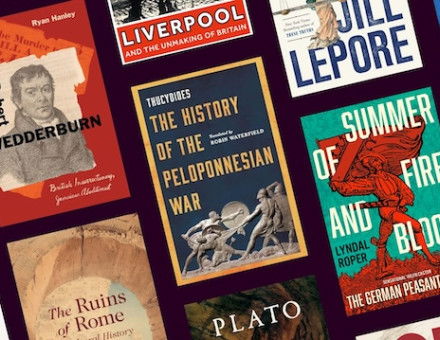The 20th-Century Scientific-Technical Revolution
Mikulas Teich looks at the impact of scientific transformations since 1900, and how these changes have produced a new world culture and global organisation.
Just before the radical political changes of 1989/90, the renowned Times Literary Supplement asked fifteen historians to describe the books or project they would most like to see undertaken. In the context of my long-standing historical interest in the social relations of science (going back to the early 1940s), I found Eric Hobsbawm’s contribution of particular relevance.
Briefly, Hobsbawm wished to see the history of the world written since the Second World War and, in particular, focusing on the third quarter of the twentieth century. He gave two reasons for putting forward this suggestion. First, he regarded this phase 'as the most revolutionary era in the recorded history of the globe', adding 'To the best of my knowledge there has not been another period when human society has been so profoundly transformed in a matter of decades'. His second reason was that contemporaries, including politicians, have failed to comprehend just what was happening. Thus many able observers, in his view, believe honestly but erroneously, that world peace since 1945 has been maintained only by reason of nuclear deterrence.





